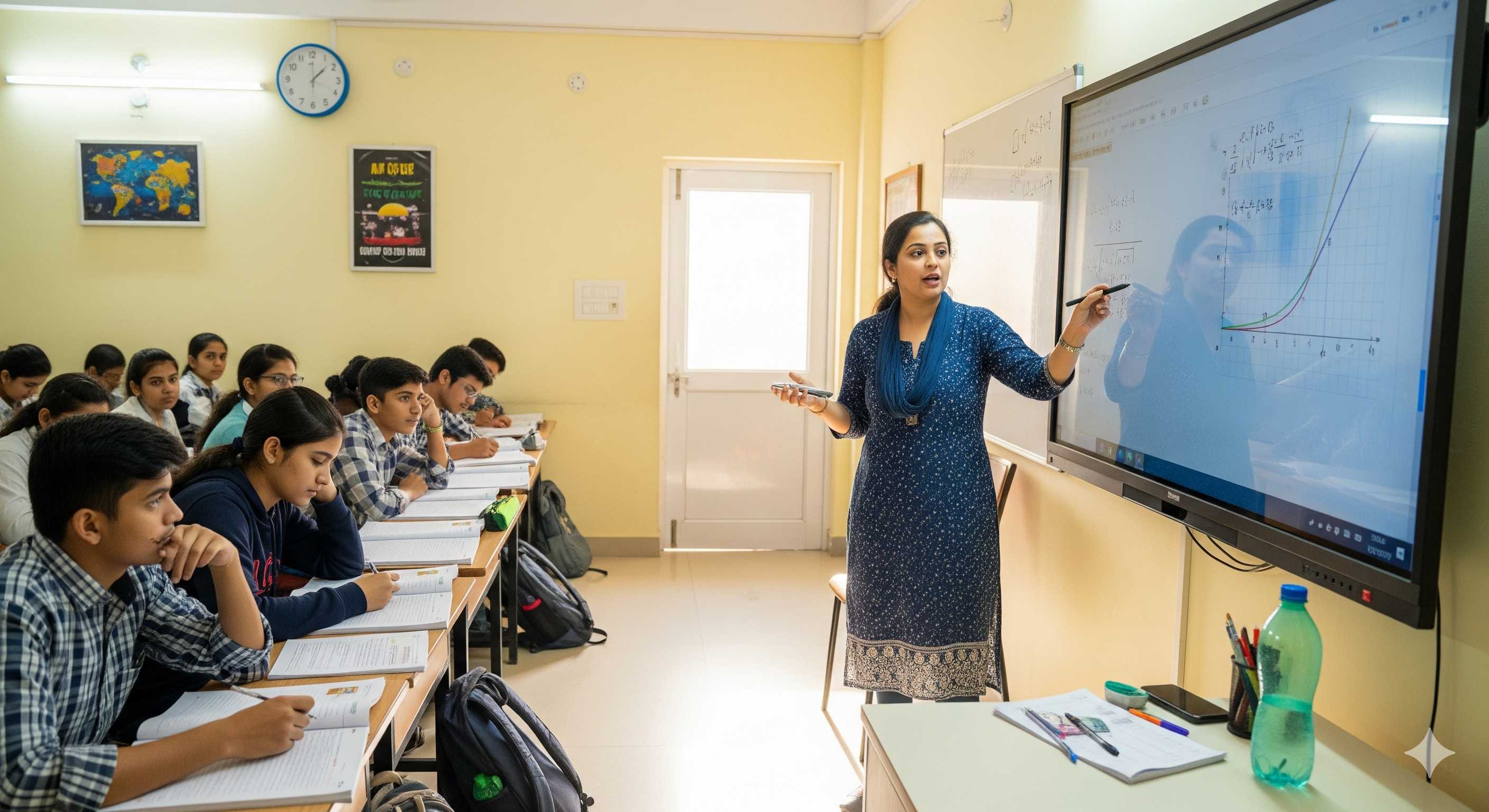The timing of when you start preparation often decides your success. At TOPPER’S Institute, early batches allow students to build concepts gradually, revise thoroughly, and stay stress-free before exams. This blog explains why joining early batches at TOPPER’S boosts your success chances in NEET, JEE, and CBSE by giving you the advantage of time and planning.

Why Timing Matters in Competitive Exams
NEET, JEE, and CBSE exams test both knowledge and preparation strategy. Students who join late often struggle to complete the syllabus, while early starters benefit from extra time, reduced pressure, and multiple revisions.
Benefits of Joining Early Batches at TOPPER’S
-
More Time for Concept Building
Early starters don’t need to rush through topics. They learn fundamentals at a steady pace, ensuring deeper understanding. -
Better Revision Opportunities
With extra months available, students can revise the syllabus multiple times before exams. -
Stress-Free Preparation
Instead of cramming at the last moment, early batch students spread their learning evenly, reducing exam stress. -
Consistent Test Practice
Early batches align with structured test systems at TOPPER’S, allowing more time for mock exams and error correction.
NEET Preparation Advantage with Early Batches
Medical aspirants need mastery of Biology, Chemistry, and Physics. Students in early batches:
-
Cover NCERT thoroughly.
-
Attempt more mock tests.
-
Identify weak areas earlier.
Learn how TOPPER’S NEET coaching helps students crack exams with strong fundamentals.
JEE Preparation Advantage with Early Batches
For engineering aspirants, Mathematics and Physics demand practice. Early batches:
-
Provide extra time for problem-solving.
-
Allow step-by-step coverage of JEE Main + Advanced syllabus.
-
Build confidence with repeated test practice.
Learn how TOPPER’S JEE coaching helps students crack exams with strong fundamentals.
CBSE Preparation Advantage with Early Batches
For classes 8–12 (Science, Commerce, Humanities):
-
Class 8–10: Strong base in Math, Science, English, SST.
-
Class 11–12 Science: NEET/JEE focused OR CBSE+CUET preparation.
-
Class 11–12 Commerce & Humanities: Dedicated support for Accountancy, Business Studies, Economics, Political Science, History, and more.
Early batches help CBSE students finish syllabus early and get more time for board exam revision.
Learn how TOPPER’S CBSE coaching helps students crack exams with strong fundamentals.
Structured Test System in Early Batches
TOPPER’S test system benefits early batch students the most:
-
Chapter-wise tests in early months.
-
Mid-term exams after 50% syllabus.
-
Mock tests before boards and entrance exams.
This structured evaluation ensures consistent improvement.
Comparison: Early Batch vs Late Batch Students
| Aspect | Early Batch Students | Late Batch Students |
|---|---|---|
| Concept Clarity | Learn gradually, stronger basics | Rush through topics, weak clarity |
| Revision | Multiple full syllabus revisions | Limited or no revisions |
| Mock Tests | More practice and analysis | Fewer tests, less practice |
| Confidence | High due to preparation depth | Low due to incomplete prep |
Real Student Outcomes from Early Batches
Students who joined early at TOPPER’S consistently performed better. Many achieved 90%+ in CBSE boards, while NEET and JEE aspirants secured admissions in top colleges. Parents reported improved discipline, time management, and confidence in early batch students compared to late joiners.
Disadvantages of Joining Late Batches
While many students wait until the last moment to enroll, late batches often come with drawbacks:
-
Incomplete Coverage: Teachers need to rush through topics, leaving gaps in concepts.
-
Less Revision Time: Students hardly get 1 round of revision compared to 2–3 rounds in early batches.
-
Increased Stress: With board exams and entrance prep overlapping, pressure rises sharply.
-
Lower Test Practice: Fewer mock tests mean weaker exam temperament.
-
Reduced Confidence: Students feel underprepared when competing with early batch peers.
Conclusion
Joining early batches at TOPPER’S is the smartest choice for students aiming for NEET, JEE, or CBSE excellence. While late joiners often struggle with incomplete preparation, stress, and fewer revisions, early batch students enjoy clarity, depth, and confidence. By starting on time, students gain a steady learning pace, multiple revisions, and higher success chances in competitive and board exams.